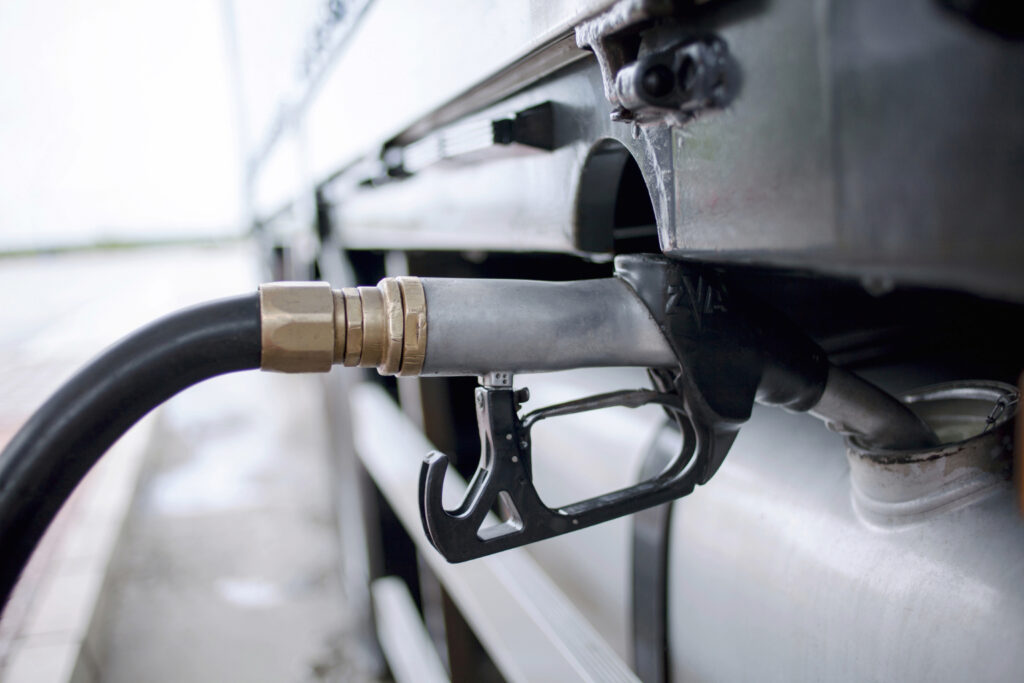The diesel spot price affects everything from transportation costs to fleet operations. So, it’s critical for fleet managers to understand what spot pricing is and how it works. In this blog post, we define spot pricing, describe how it works for diesel fuel and discuss its benefits for various stakeholders.
What is Spot Pricing in the Diesel Market?
Spot pricing in the diesel market refers to the current market price of diesel fuel for immediate delivery or purchase, without the need for a prearranged contract or commitment. It represents the prevailing value at which diesel can be bought or sold at a specific point in time, reflecting supply and demand dynamics, market conditions, and geopolitical factors influencing trading activity.
How Does the Diesel Spot Price Work?
Spot pricing for diesel operates on the fundamental principles of supply and demand. When demand for diesel exceeds its supply, spot prices tend to rise, indicating scarcity and prompting buyers to pay higher prices to secure immediate delivery. Conversely, when supply outstrips demand, spot prices decline as sellers compete to offload excess inventory. Various factors, including fluctuations in crude oil prices, refinery capacity, geopolitical tensions, and weather events, can impact diesel spot prices.
Significance for Different Stakeholders
1. Consumers and Businesses
For consumers and businesses reliant on diesel for transportation, heating, and power generation, spot pricing directly influences operating costs and profitability. Fluctuations in diesel spot prices can impact household budgets, transportation expenses, and industrial production costs, leading to cascading effects on the economy.
2. Transportation Industry:
In the transportation sector, spot pricing is a critical factor in determining freight rates, trucking costs, and overall logistics expenses. Trucking companies, freight brokers, and logistics providers closely monitor diesel spot prices to adjust pricing strategies, manage fuel surcharges, and optimize route planning to mitigate the impact of fuel price volatility.
3. Energy Suppliers and Refiners
Energy suppliers and refiners play a pivotal role in the diesel market, producing, distributing, and trading diesel fuel to meet consumer demand. For these stakeholders, understanding diesel spot pricing is essential for managing inventory levels, optimizing refinery operations, and hedging against price risks through financial instruments like futures contracts and options.
4. Investors and Speculators
Investors and speculators actively participate in diesel markets, seeking opportunities to profit from price movements through trading strategies such as speculation, arbitrage, and hedging. Diesel spot prices serve as a key benchmark for assessing market sentiment, analyzing trends, and making investment decisions in energy-related assets and financial instruments.
Start Saving Money on Diesel Fuel
Spot pricing in the diesel market is a dynamic and multifaceted aspect of the global energy landscape, influencing the cost of transportation, industrial operations, and economic activities worldwide. By understanding the fundamentals of diesel spot pricing and its significance for different stakeholders, businesses, consumers, and investors can navigate market fluctuations, manage risks, and capitalize on opportunities in the ever-evolving energy market. As diesel continues to play a central role in powering economies and driving progress, spot pricing will remain a critical factor shaping the future of energy.
See how much Sokolis can drive down your fuel costs by scheduling a free consultation.
